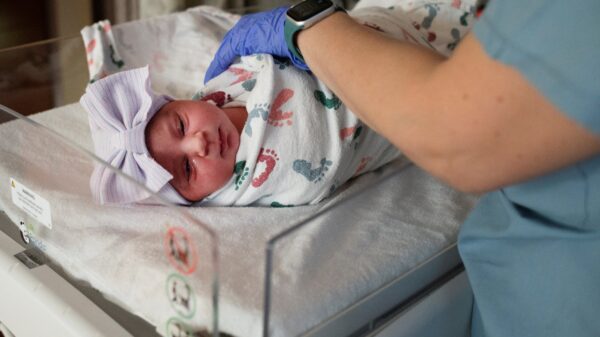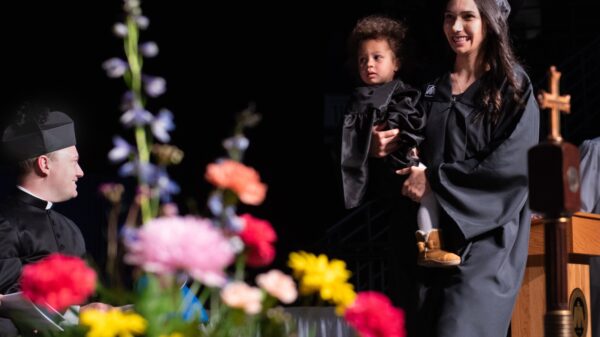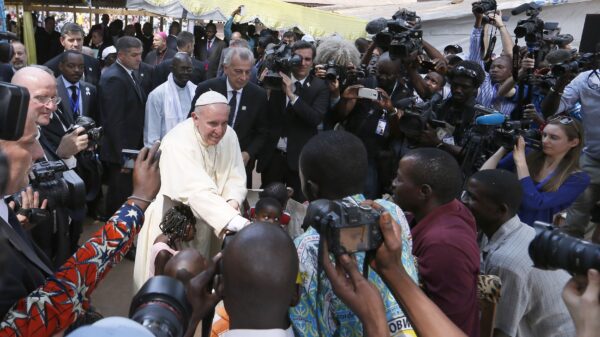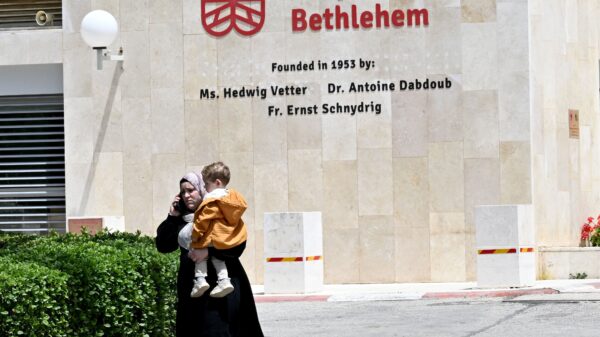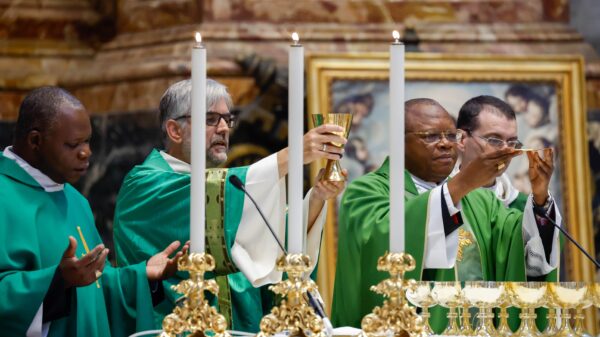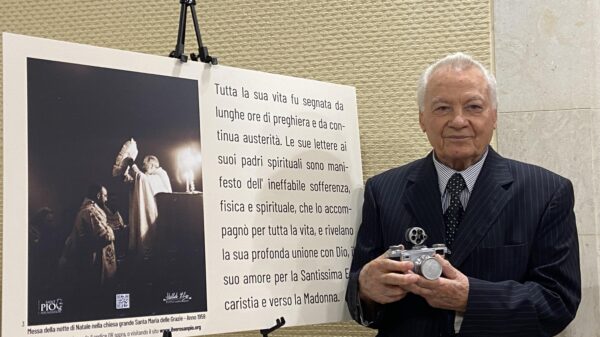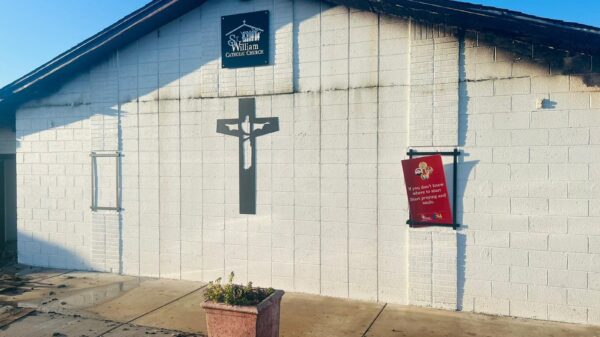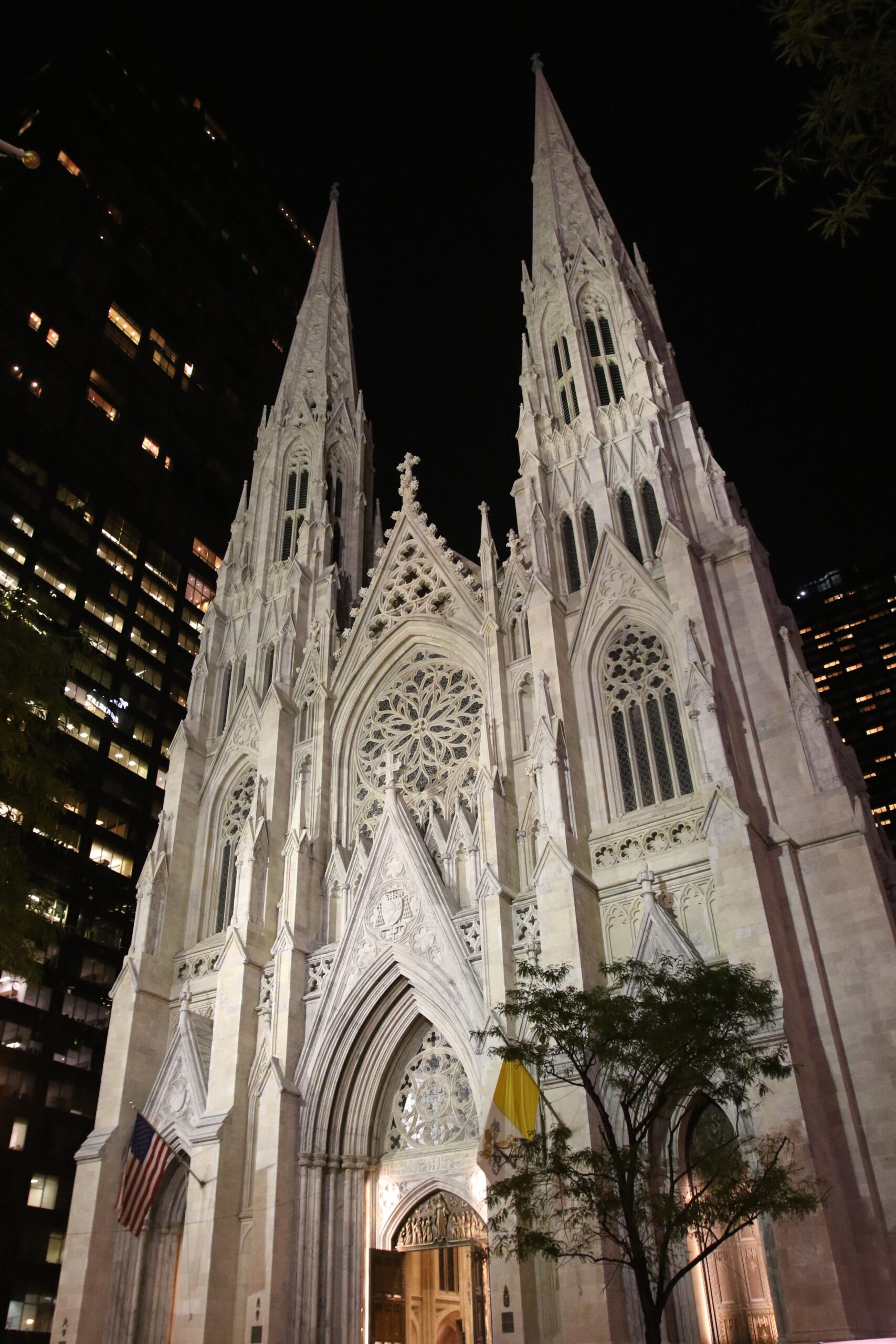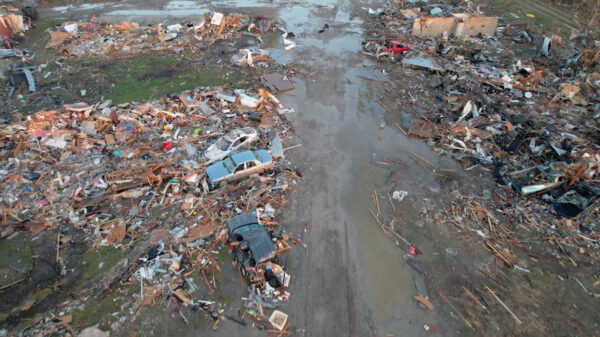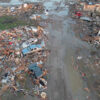Updated April 30, 2024 to make clear the appellate court has not ruled on the case, but has only allowed the insurer’s lawsuit to move forward.
(OSV News) — A New York state appeals court has given an insurer for the Archdiocese of New York the go-ahead to pursue a lawsuit contending it should not have to indemnify the archdiocese in hundreds of lawsuits over sex abuse the insurer claims was “expected or intended” — a ruling the archdiocese has called “extremely disappointing” and “wrongly decided.”
On April 23, five justices of the First Judicial Department of the New York Supreme Court’s Appellate Division unanimously overturned a December 2023 order from a lower court that had dismissed the lawsuit brought forward by a group of Chubb insurance entities, who had issued more than 30 liability policies to the archdiocese and several of its parishes, schools and entities between 1956 and 2003; the group anticipates having to pay out money for more than 1,500 abuse cases.
“The case is now sort of back alive, but it isn’t a determination of whether insurers owe an obligation of coverage,” Marie T. Reilly, a professor at Penn State Law and expert in bankruptcy law, told OSV News. “Neither court has decided anything on the merits (of the case).”
The claims against the archdiocese were brought under the state’s Child Victims Act of 2019 and Adult Survivors Act of 2022, both of which opened the door to hundreds of previously time-barred suits.
According to court documents, some of the approximately 1,500 cases dated “as far back as the 1930s” and alleged childhood sexual abuse “by various individuals including (archdiocesan) clergy and religious, clergy from religious orders and other dioceses, and lay people such as foster families, childcare staff, parish volunteers, and teachers and other school staff.”
The documents said that “about 86%” of the cases fell under policies the archdiocese had purchased from Chubb, named in the suit as Century Indemnity Company.
The appellate court said the lower court “should not have dismissed the complaint on the finding that it only raised bare legal conclusions.
“The complaint adequately sets forth factual bases for the declaratory judgments it seeks,” the justices said. “The complaint alleges that issues surrounding child sexual abuse in the Archdiocese ‘reached the Church’s highest levels’ and that ‘senior (church) officials had known for decades that members of the clergy had and were committing sexual abuse,’ as reflected in newly public sources.”
Chubb holds that the archdiocese had known about the abuse and had failed to act accordingly — a tactic the company said had violated the state’s “known loss doctrine,” by which an insured party cannot secure insurance to cover a loss that is known prior to the date the policy takes effect.
However, the principle does not apply in cases where the insured is aware of a risk of loss, and the appellate court dismissed that aspect of Chubb’s argument as “not viable.”
“If allowed to stand, the decision will permit insurance companies to evade the contractual obligations of the policies they issued,” Joseph Zwilling, director of communications for the archdiocese, told OSV News in an April 23 statement.
Zwilling indicated the appellate court’s decision “demands appeal” to New York’s highest court, but said the archdiocese would “consider and determine what is the best way to further policyholders and plaintiffs interests.”
“To suggest, as the court does in today’s decision, that Chubb can avoid paying claims to victim-survivors of sexual abuse simply by claiming that the abuse was ‘expected or intended’ without offering any proof, opens the door to years of litigation and courtroom battles and closes the door on prompt and just resolution to meritorious claims,” he said.
Zwilling added that Chubb was “demonstrating that they would rather pay attorneys to litigate against the Archdiocese of New York and others to whom it issued policies rather than settle legitimate claims made by the victim-survivors of abuse.
“It is a cold, cynical, calculating decision by Chubb which is clearly more interested in protecting its bottom line than in honoring the policies they issued,” he said. “These bullying legal tactics violate the spirit of the Child Victims Act and the intention of the legislators who passed it, and defy the guidance given to all insurance companies by the Department of Financial Services of the State of New York to settle these cases expeditiously.”
In a statement emailed to OSV News, Chubb said the ruling meant that the archdiocese “must now disclose what it knew and when it knew about child abuse perpetrated by priests and employees.
“That disclosure is critical to determining whether the (archdiocese’s) knowledge and cover-up precludes coverage,” said the statement, which also noted that as the litigation continues, “there is nothing to prevent the Archdiocese from paying claims to victims of horrific sexual abuse.
“The (archdiocese) has substantial financial resources to pay just compensation to victims today and Chubb continues to fund the legal defense of the Archdiocese under a reservation of rights,” said Chubb in its statement. “The principal obstacle to victims receiving compensation is the Archdiocese itself.”
In recent years, insurance coverage has become a critical factor in diocesan bankruptcies and settlements. Penn State Law’s Reilly previously told OSV News that insurers have significantly restricted the terms of their general comprehensive liability policies, excluding coverage for incidents that took place decades earlier and challenging current claims as well.
“Insurers in the last five to 10 years have really been raising a lot of legal defenses, and uncertainty about their liability on these policies has made it much more complicated to settle cases,” said Reilly, who catalogs and studies U.S. Catholic diocesan bankruptcies in depth.
In 2021, Chubb agreed to pay $800 million towards a $2.7 billion fund that settled some 82,500 claims against the Boy Scouts of America.
This past February, a Chubb insurer, Century Indemnity Company, filed suit against the Diocese of Trenton, New Jersey, and other entities, asserting it has no obligation to cover hundreds of claims of child sexual abuse brought against the defendants.
Gina Christian is a multimedia reporter for OSV News. Follow her on X (formerly Twitter) at @GinaJesseReina.


